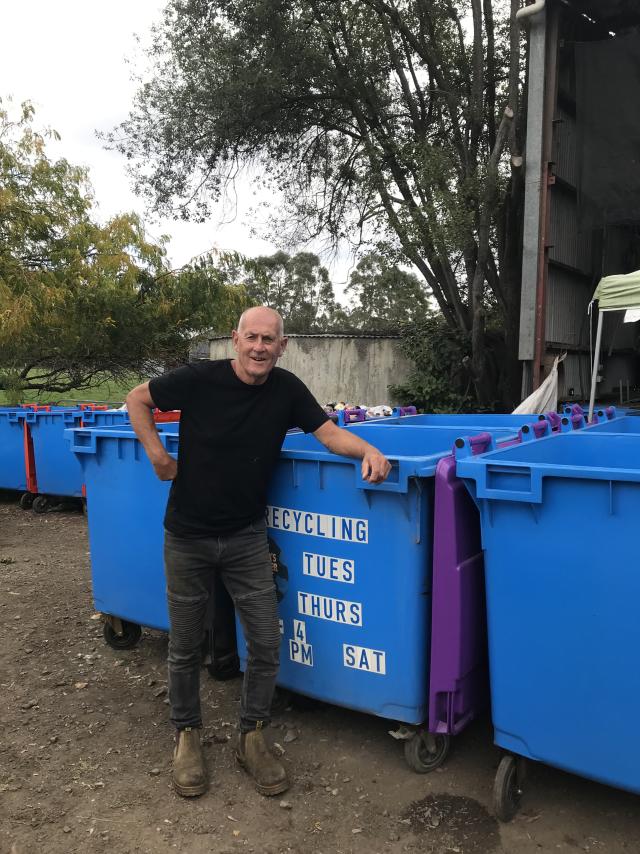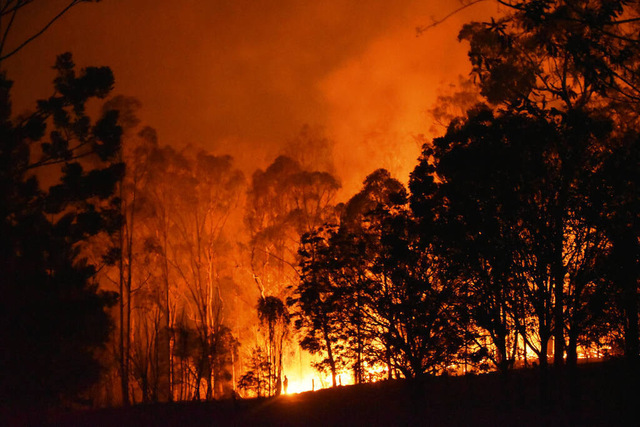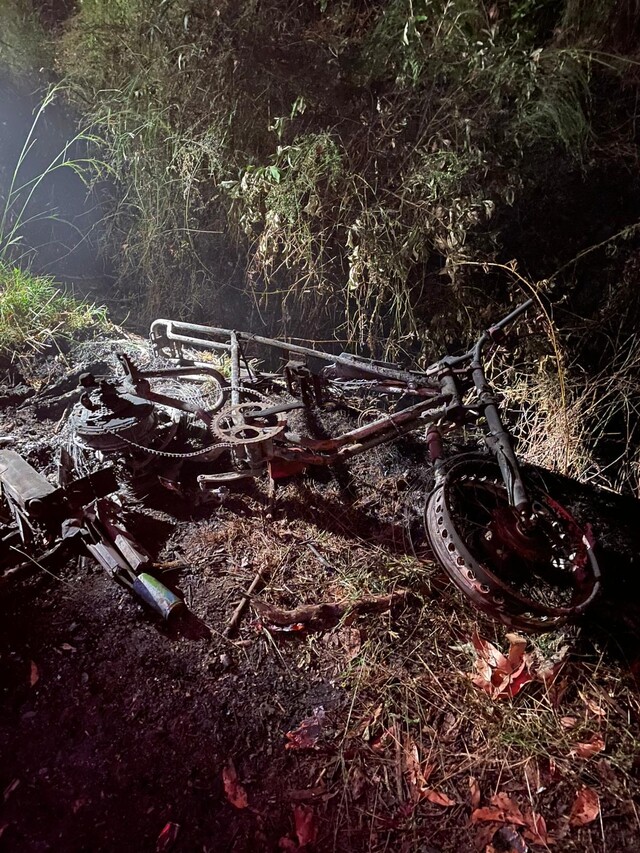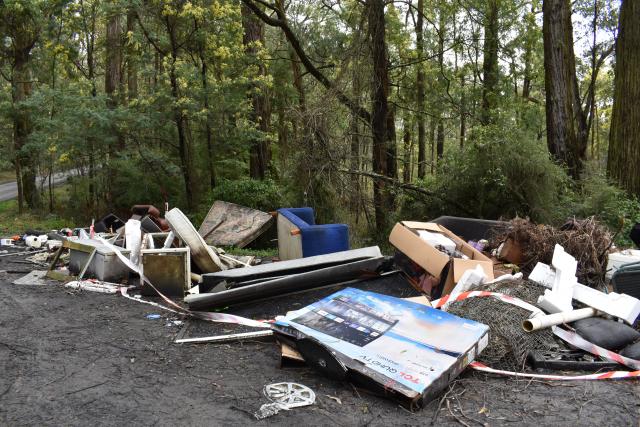By MARA PATTISON-SOWDEN
ONE… is one death too many.
That was the message at last week’s Teenage Road Information Program.
The statistics show that young people, particularly men aged 18 to 25, are over-represented in road crash deaths.
It’s a fact those in the valley should be well aware of, but it was the young members of the valley’s emergency services that have taken on the responsibility to lead by example.
In a different spin from last year’s session, the younger volunteers from the valley’s CFA, SES, police and paramedics presented the Teenage Road Information Program to a crowd of more than 250 peers at Woori Yallock’s Heritage and Heritage funeral home.
Many of them are experiencing the situations that have hardened their superiors over time when another life is lost on the road… the shock, the grief, the feeling of helplessness.
Some might say that it doesn’t feel real because “it doesn’t happen to us”.
It was a young member of the crowd that shocked everyone that night with her “wake up call”.
Admitting she didn’t previously wear a seatbelt, she told the room that three weeks ago she was on her way to the pub when she saw a police car and belted up… seconds later she was distracted by her phone and ran into the car in front at 80km/h.
“I have a brand new respect for wearing seatbelts,” she told the room, saying she knew how lucky she was to be sitting there that night.
Yarra Ranges police local area commander Paul Rosenblum said 40 years ago no one thought of wearing a seatbelt when driving, and there were almost 800 fatalities a year.
Since it became illegal to not wear a seatbelt, the road toll has dropped to about 300 deaths a year.
“I often wonder what people in 40 years’ time will look back and say, would they shake their heads and say ‘what were people thinking drinking and driving?’” he suggested.
Insp Rosenblum delivered the latest numbers – nine fatal road crashes, 147 serious injury collisions in the Yarra Ranges, in the past 12 months.
“Unfortunately, males aged 18 to 25 are overrepresented, and alcohol and speed have been the major causes,” he said.
“That’s what the numbers show.”
Daniel van der Hoek knows the situation well.
He admits he made the wrong choices, he can’t take them back but he shares them so hopefully the next young person can make a better decision.
He’d only had his licence for 25 days when he made the choice to drive his mate from Wandin after they’d both been drinking.
On the drive home he came over a crest and hit a pot hole, colliding with a 14-tonne truck at 100km/h.
“I had major injuries, I was airlifted to The Alfred and spent three days in an induced coma, two weeks in the road trauma unit and then three months in rehabilitation,” he said.
He couldn’t keep his studies up with the head injuries he sustained, and had to give up a promising basketball career.
“I can’t imagine the hurt I caused,” he said, of the 1am call his mother received to be told her son had been in a serious accident.
“My sister refused to drive for years… it’s had lasting effects on her.
“And I lost a best mate. We don’t talk anymore. But I’m glad I didn’t hurt him or the truck driver.”
He also got the shock of his life when police called him in six months later, talking about a possible 15 years in jail over drink driving charges.
“I bawled my eyes out, I didn’t know what to do,” he said.
“It frightened the crap out of me – 15 years was as much life as I’d already lived.”
Andy Bennett, pastor at Millgrove’s River Valley Church, sees the other side.
He consoles the grieving families, those that have lost a loved one and those that may have been the cause, all of those lives changed forever.
His first job in the valley began with a fatal road crash in Seville 16 years ago, “since that time there have been far too many fatal road accidents”.
“I have to stand in that viewing room and support a wailing mum, scratching at a coffin, and that’s stuck in my mind forever,” he said.
“One distraction, the wrong time, the wrong moment.
“As a community we’re quick to talk about blame, and he might not have been jailed physically but he is living a life tormented.”
Learning to live a changed life is Rob Marston.
His daughter Aubrey died in a road crash in Seville 13 months ago, “we know what happened, we don’t know how or why”.
“I was thinking about how long it took me to find out,” he told the young people in the room.
“Her boyfriend had called me, saying she hadn’t turned up at work.
“I called the police, and one of the officers told me to stay there, that they’d sent someone to meet me.”
That’s when he knew, he said, but it was Aubrey’s sister Louisa who had to find out about her sister’s death in the cruelest way – on Facebook.
Mr Marston said he knew he couldn’t change what happened, nor could he bring Aubrey back, but could he have done anything differently to help?
“We’ve all seen examples of irresponsible behavior on the roads… nobody in this room is stupid but it doesn’t mean we don’t do stupid things every now and then,” he said.
“For me, Aubrey is by far one death too many.
“Ask yourself, what is one thing I will do to improve my behavior on the road?
“Think about it, and act on it.”
Stop being stupid on roads
Digital Editions
-

Community angered at sudden shutdown of recycling point
The shutdown of a recycling deposit location at a Yarra Ranges egg farm has sparked outrage from the community. The Little Yarra Ranges Egg Farm…





